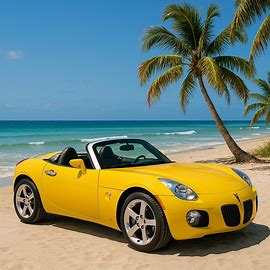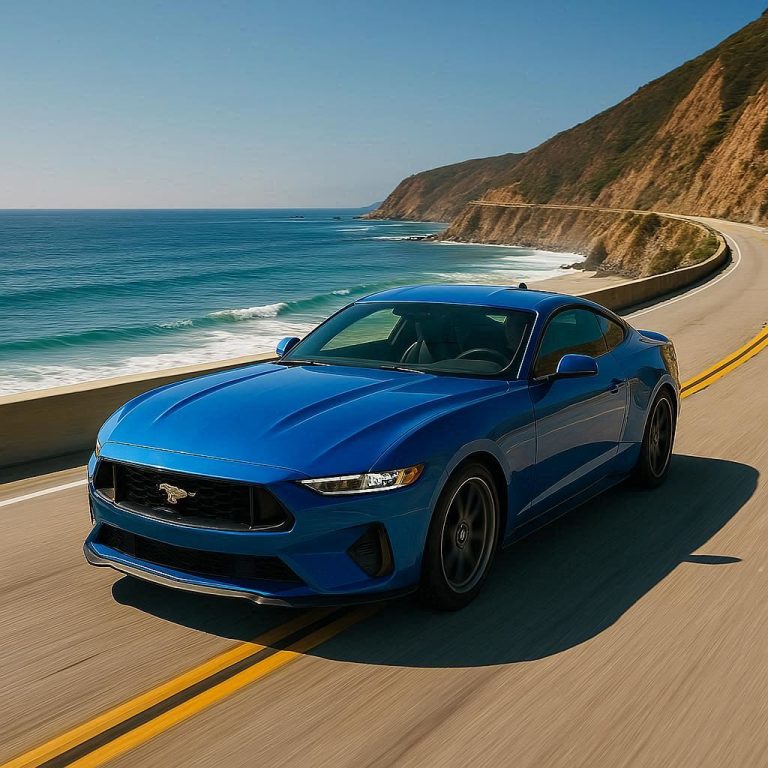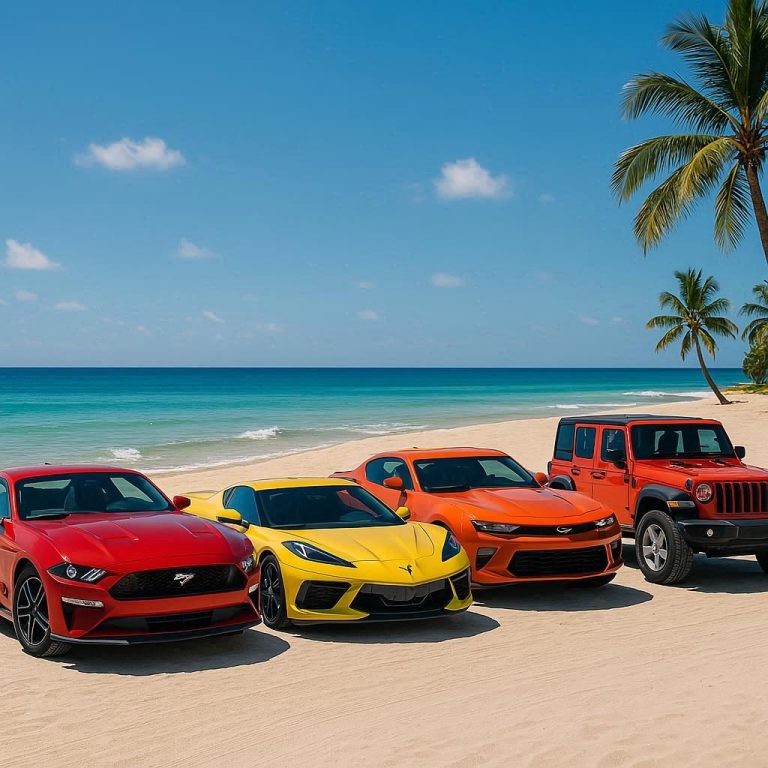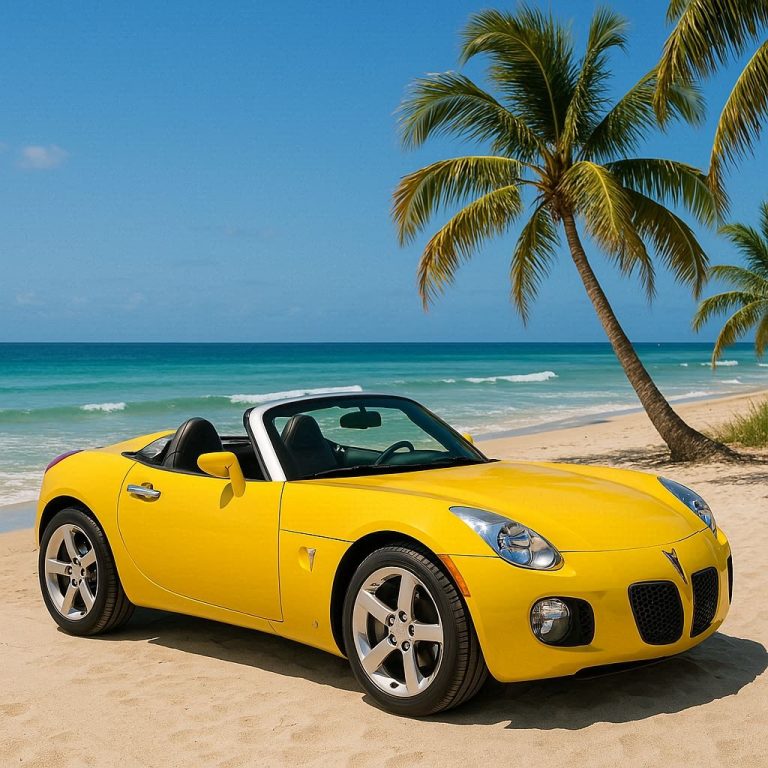American car culture represents one of the most defining aspects of 20th and 21st-century American society. More than mere transportation, automobiles became symbols of freedom, status, and individual expression that fundamentally shaped the American way of life. From the assembly lines of Detroit to the drag strips of California, car culture has woven itself into the fabric of American identity.
The roots of American car culture trace back to the early 1900s when Henry Ford’s assembly line production made automobiles accessible to the average American family. The Model T, introduced in 1908, transformed from a luxury item to a necessity, fundamentally altering American society. By the 1920s, cars had become central to American life, enabling suburban development, changing courtship patterns, and creating entirely new industries.
The post-World War II era marked the golden age of American car culture. Returning veterans, economic prosperity, and the GI Bill created a perfect storm for automotive enthusiasm. The 1950s and 1960s saw the birth of iconic American muscle cars, hot rod culture, and the establishment of car-centric suburban landscapes. This period cemented the automobile’s role not just as transportation, but as a cultural artifact representing American values of innovation, power, and individual freedom.
American car culture represents far more than enthusiasm for mechanical devices. It embodies American values of innovation, individual expression, and community gathering while providing outlets for creativity, technical skill, and social interaction. From small-town cruise nights to major racing events, car culture continues evolving while maintaining deep historical roots.
The culture’s future depends on successfully integrating new technologies and environmental considerations while preserving traditional values and practices. Electric vehicles, autonomous driving, and changing urban patterns present challenges, but automotive enthusiasm’s fundamental appeal suggests car culture will adapt rather than disappear.
American car culture’s enduring popularity reflects its success in combining practical transportation with personal expression, community building, and technological appreciation. As long as Americans value individual freedom, mechanical ingenuity, and shared experiences, car culture will remain a defining aspect of American society.



